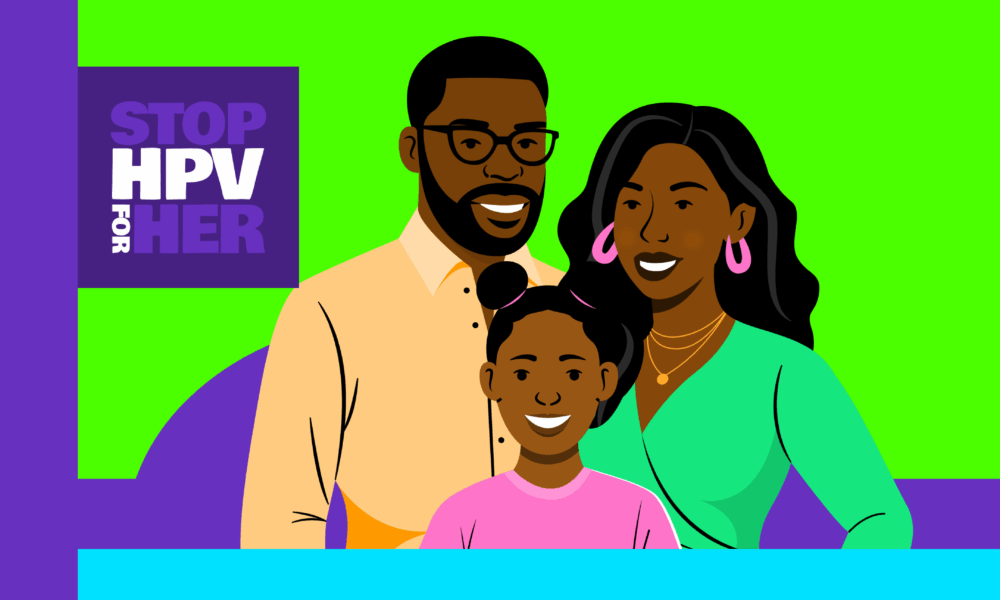Celebrity Doctor Nguper Dooyum Laha Champions HPV Awareness for a Brighter Tomorrow
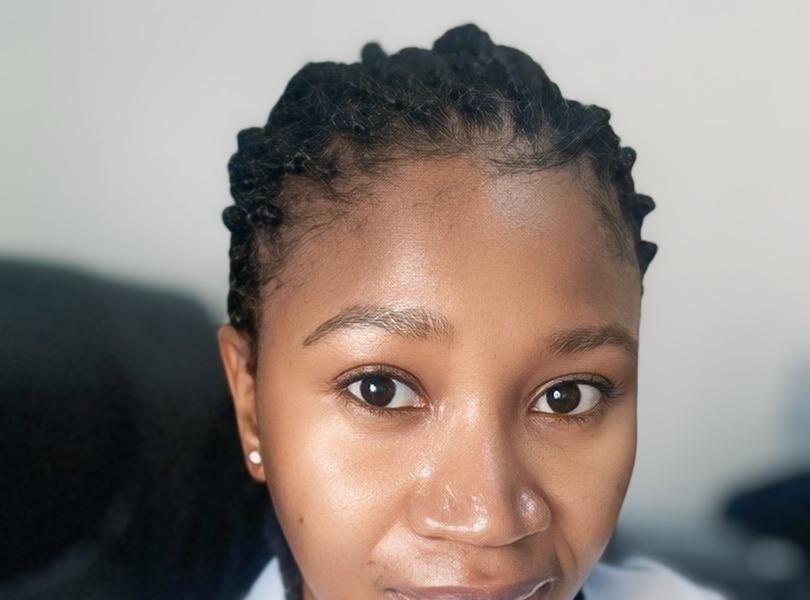
Cervical cancer, a largely preventable disease, continues to claim thousands of lives in Nigeria each year. This tragic toll is driven by persistent misinformation and limited access to essential screening services. At the heart of this crisis lies the Human Papillomavirus (HPV) — a common sexually transmitted virus that can be halted long before it becomes fatal. Despite the proven effectiveness of vaccines and regular screenings, myths and accessibility issues continue to leave countless women vulnerable. Experts like Dr Nguper Dooyum Laha stress that heightened awareness and honest dialogue remain the missing links in Nigeria’s fight against cervical cancer.
Dr Dooyum Laha, Senior Medical Officer at Medicaid Radiodiagnostics and Medical Coordinator at the Medicaid Cancer Foundation in Abuja, sheds light on the disease’s preventable nature. She explains that HPV is responsible for over 90% of cervical cancer cases worldwide. While most infections clear naturally, certain high-risk strains persist, gradually causing abnormal cell changes that may lead to cancer. Beyond the cervix, HPV also contributes to cancers of the anus, vulva, vagina, penis, and throat reinforcing the need for early intervention.
As a leading voice in cancer prevention, Dr Dooyum Laha identifies the HPV vaccine as the most powerful tool available. The vaccine significantly reduces infection rates and builds herd immunity, offering community-wide protection. Recommended for both girls and boys aged nine to fifteen, the vaccine provides its strongest defense when administered before sexual activity begins. Addressing parental hesitation, Dr Dooyum Laha emphasizes that, much like childhood immunizations against tuberculosis or measles, the HPV vaccine works best as a preventive measure — not a response.
However, vaccination alone isn’t enough. Routine cervical screenings remain a vital safeguard throughout a woman’s life. Dr Dooyum Laha explains that while the vaccine targets the most dangerous HPV strains, it doesn’t protect against all of them. Screening methods such as the Pap smear and HPV test help detect early cell changes before they progress to cancer. Modern self-sampling kits are also transforming accessibility, allowing women to collect samples in the privacy of their homes for laboratory testing, a breakthrough that could dramatically expand early detection in Nigeria.
Distinguishing between pre-cancerous and cancerous conditions, Dr Dooyum Laha likens early detection to treating a small wound before it festers. Left untreated, these cell changes can develop into full-blown cancer requiring complex procedures, including hysterectomy. Her message is clear: “A stitch in time saves nine.”
At the Medicaid Cancer Foundation, outreach and education have yielded tangible success. Survivors turned advocates now inspire communities, and countless women share stories of relief after vaccination. One grandmother, having survived both breast and cervical cancer, expressed immense gratitude knowing her granddaughter will never face the same ordeal. These testimonies, Dr Dooyum Laha says, underscore the life-saving potential of HPV prevention.
Encouragingly, Nigeria’s inclusion of the HPV vaccine in its National Routine Immunization Schedule marks a monumental step forward. Collaborative campaigns such as #StopHPVForHer are amplifying the message nationwide, championing early vaccination and open conversation.
For Dr Dooyum Laha, the fight against cervical cancer is not just professional, it’s deeply personal. Her vision is of a future where no Nigerian woman dies from a preventable disease, where education replaces fear, and where families talk openly about health and protection. “Misinformation thrives in silence,” she insists. “But when we speak in our homes, our schools, our churches, and our social spaces, we save lives.”
You may also like...
Wolves Fandom Erupts: 'Sell the Club!' Chants Rock Stadium Amidst Frustration!

Wolves fans' frustration reached a boiling point at Molineux, with chants against the club's ownership and manager Vitor...
Haaland's Agony: Disallowed Goal and Injury Plague Man City's Disappointing Outing!
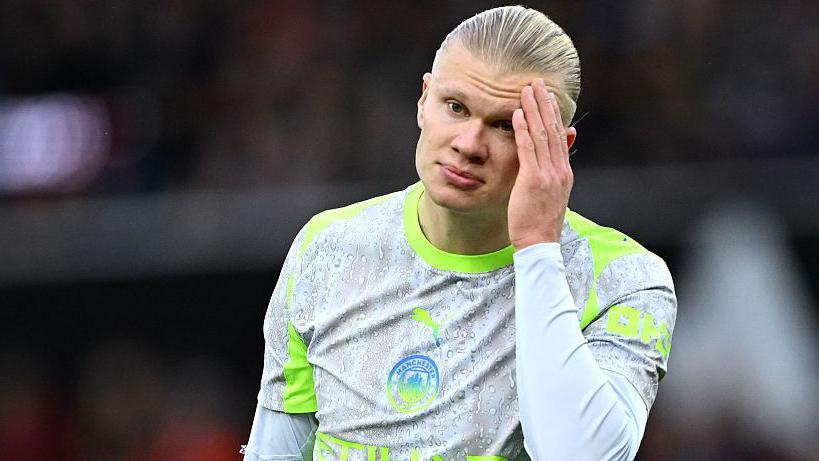
Manchester City's nine-match unbeaten run came to an end at Villa Park as Aston Villa secured a victory, highlighted by ...
Andrew Garfield Teases Spider-Man Return, But Fans Should Brace for a 'Catch'
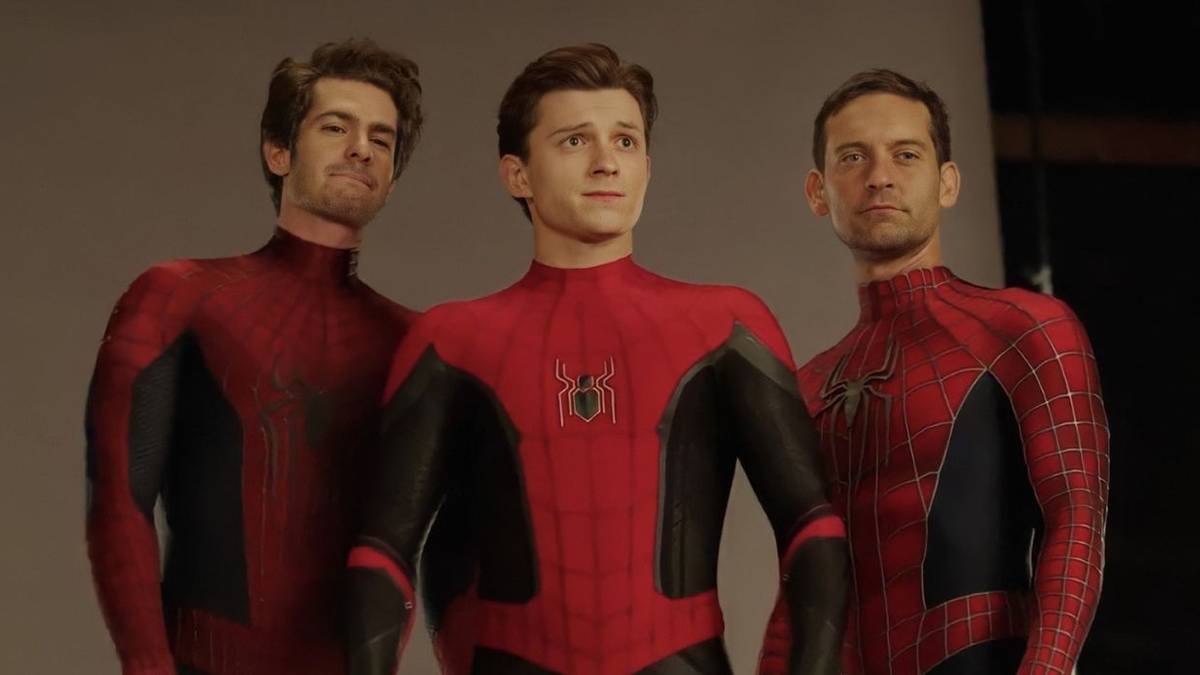
Andrew Garfield has expressed a keen interest in joining Sony's animated *Spider-Verse* franchise, hinting at a potentia...
Mel Gibson's 'Passion of the Christ' Sequel Faces Blasphemy Outcry Over Jesus Recasting
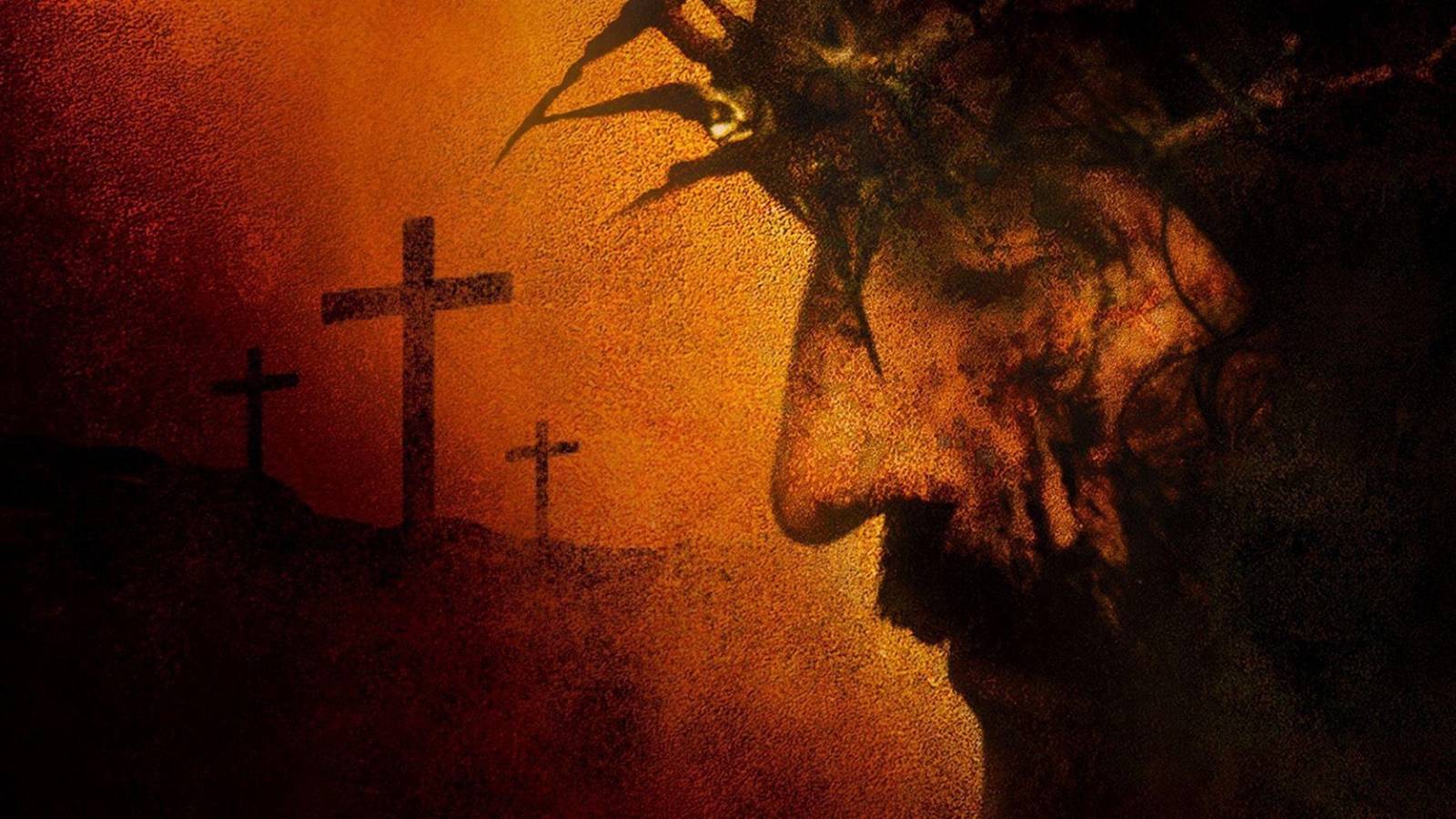
Mel Gibson's highly anticipated sequel, "The Resurrection of the Christ," is moving forward two decades after the origin...
Snoop Dogg Drops Bombshell at Verzuz Relaunch in Vegas, Igniting No Limit-Cash Money Battle

Snoop Dogg made a surprise appearance at ComplexCon in Las Vegas, joining his former label, No Limit Records, in a star-...
Daft Punk Legend Thomas Bangalter Stuns Paris with Surprise DJ Set Alongside Fred again..

Daft Punk's Thomas Bangalter made a rare surprise appearance with Fred again.. for a DJ set at Paris' Centre Pompidou. T...
Obama Dives Deep: New Podcast Honors Revolutionary Fela Kuti
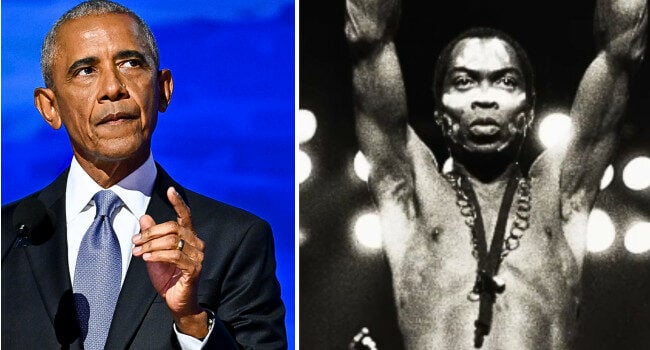
Former U.S. President Barack Obama has curated a new 12-episode podcast series, "Fela Kuti: Fear No Man," celebrating th...
Waje & KCee Ignite Romance with New Track 'Luvey Luvey'

Waje has released a new single, “Luvey Luvey,” featuring KCee, a warm and feel-good song celebrating love. Blending Afro...

:max_bytes(150000):strip_icc()/Health-GettyImages-2167564745-e6748455712041dca68148e125ac1642.jpg)
